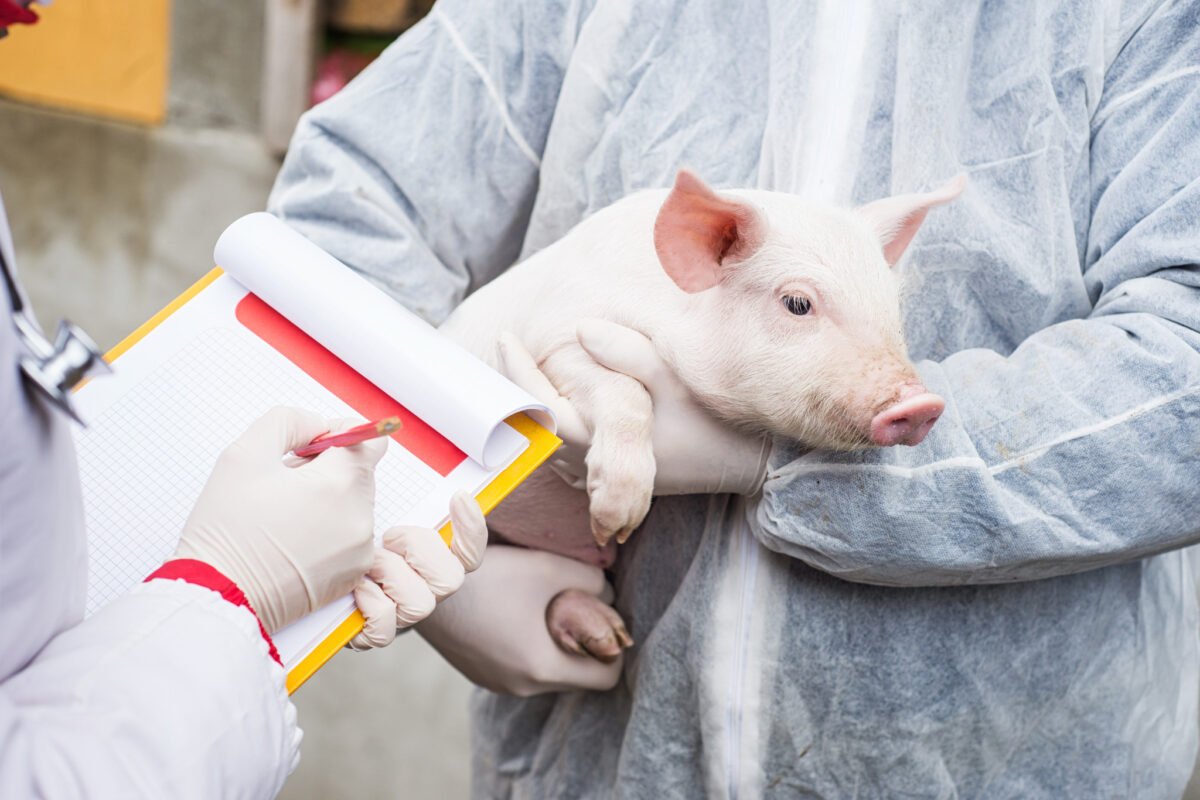ICAR-CIARI registers two more Industrial Designs with the Patent office
Scientific team of Dr Ajit Arun Waman and Dr Pooja Bohra, Senior Scientists, ICAR-CIARI contributed to both inventions.
ICAR-Central Island Agricultural Research Institute, Port Blair got two of their inventions registered as Industrial Designs with the Patent Office. The first invention- cold water circulatory system is a laboratory aid useful for condensation operation during the process of extraction of phytochemicals from spices, medicinal & aromatic plants, fruits etc. Such extraction processes involve continuous use of running tap water for condensation, which results in considerable wastage of water, while the sophisticated recirculatory chillers are too costly for most of the small laboratories. The invention would not only be affordable but also water-saving solution for the researchers and academicians dealing with various aspects such as extraction of essential oils, fixed oils, refluxing of samples etc.
The second invention is cinnamon bark rubbing tool, which is a handy tool that facilitates extraction of inner bark of cinnamon from the harvested stems. Cinnamon is an ancient spice and country imports huge quantities of produce causing loss to the national exchequer. High labour requirement in various stages of harvesting is the main factor deterring cinnamon cultivation in the country. In order to facilitate the harvesting, availability of user-friendly tools is required and this invention is a timely attempt to meet this gap.
Scientific team for the above inventions includes Dr. Ajit Arun Waman and Dr. Pooja Bohra, Senior Scientists, ICAR-CIARI.
Scientific team of Dr Ajit Arun Waman




